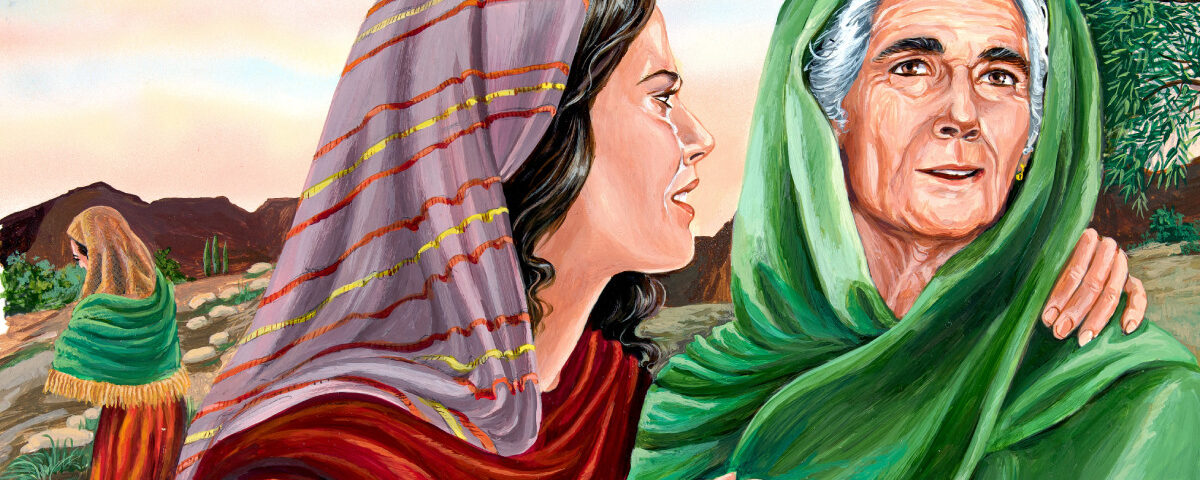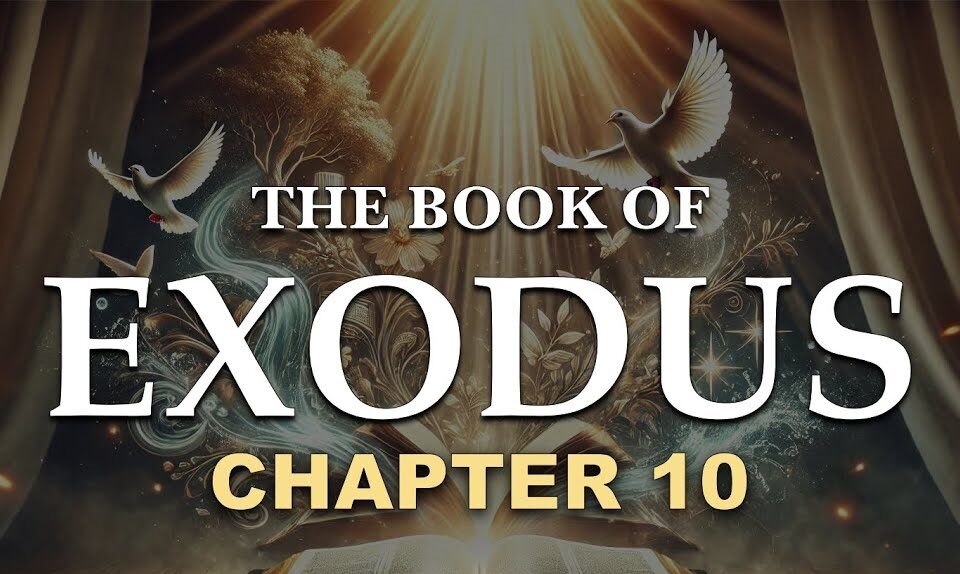Divine Retreat Centre UK – Official Website

The power of Words: Are You Aware of the Impact of your Hail Mary?
August 15, 2024
Hey! You are called to be a Holy Saint!
September 2, 2024NAOMI
The mother who lost all
I had a neighbour, a frail 70-year-old woman who lived alone. Her married daughter and granddaughter would visit often with some food. She would visit my mum occasionally and would teach her to cook some delicacies while reminiscing old days with bitterness. She was always complaining, grumbling, and sad. She had a lonely and grief-stricken life. She was married off when very young and had two children. She lost her husband after a few years of marriage and had painstakingly brought up her two children. She struggled to make ends meet and had taken loans to get her daughter married. She had her hopes pinned on her young son. Within a year of starting work, her son fell ill with cancer, bore the brunt of the disease and died a painful death. Every dream she had for a stable future had come crashing down. She stayed at her daughter’s house for a few months but didn’t get along with her son-in-law and was asked to leave. An old woman, a mother who once had hope, had lost all reason for a good life.
Ps 43:5 says, “Why are you cast down, O my soul, and why are you disquieted within me? Hope in God; for I shall again praise him, my help and my God.” Throughout our lives, there are moments of despair. Moments when we feel sad, cries of desperation and anguish, when nothing seems to be going our way. The Book of Ruth tells us about one such woman who had moments after moments of grief and loss. When she did hope for life to get better, she was thrown back to the ground in despair. Naomi’s was a story that spanned several years. A few lines into the first chapter share a bleak and dark background about Naomi. Like many of us migrating to developed countries for a better life, Naomi migrated to Moab along with her husband and two sons. But hopes for a better future came crashing down, when the young mother lost her husband. Her sons made it worse by marrying foreign women. The Israelites had clear instructions, “Do not intermarry with them, giving your daughters to their sons or taking their daughters for your sons” (Deut 7:3). A mother who had hopes for her sons, must have lost it all when her sons married foreign women. Within ten years, she then lost both her sons. At one time, she had a full house – husband and sons, but now she had lost it all. It’s natural to experience troubles and difficulties in life. Sometimes, we feel God is against us. Naomi also felt that way. She tells her daughters-in-law, “It is more bitter for me than for you because the Lord’s hand has turned against me!” (Ruth 1:13). She tries convincing her daughters-in-law to leave her and fend for their own lives. While Orpah obeys her and moves on, Ruth refuses to let go and both women return to Israel.
When the Israelites recognise Naomi, she laments her grief in Ruth 1: 21, “I went away full, and the Lord has brought me back empty. Why call me Na′omi, when the Lord has afflicted me and the Almighty has brought calamity upon me?” A woman who had everything at one point in her life and had probably like all mothers dreamt of grandchildren now has nothing to look forward to. She puts the blame where she thinks it is due. God has brought calamity on her and taken everything away that she considered dear. Naomi means ‘pleasant’ while Mara means ‘bitter’. Naomi reiterates her bitterness by asking people to call her Mara. Marah in the Bible refers to the first place that the Israelites came to lodge in the wilderness. There they found a well, but the water was bitter.
When Naomi returns to Israel – her home, it was harvest – a time for a festival, a season of blessing, and a time for God’s restoration. Naomi’s return to her home is symbolic of her return to her faith. Naomi sends her daughter-in-law to glean barley from Boaz’s field. Boaz was a wealthy man but more so, he was from the family of her dead husband. Ruth found favour with Boaz and he let her glean the best produce so that the two women could survive. Though Naomi had considered her life to be bitter, God was working to provide for the women.
When Naomi finally recognised that Boaz provided real hope, she believed it was for Ruth. She said;
“My daughter, shall I not seek security for you, that it may be well with you” (Ruth 3:1)? According to the customs of the time, as a close relative, Boaz could marry Ruth and take possession of their family land. Naomi had to let go of her family’s land for blessings to come her way. Boaz was receptive and honoured. He married Ruth as was the tradition and made her his bride. Ruth was honoured for her devotion to her mother-in-law but Naomi experienced restoration. Whatever we have gone through in life, no matter what our circumstances, we should not give up hope, for God redeems us and restores us. Ruth was blessed with a son, Obed and Naomi with a grandson. This grandson was in the family lineage of our blessed Saviour Jesus.
Lessons from Naomi
- Trust in God and hope in him. Just like he restored Job, just like he restored Naomi, he is working in our lives too.
- God never abandons us. Even when our own forsake us, God is always with us.
Proofread and edited by Fr Austin Fernandes SDB.




